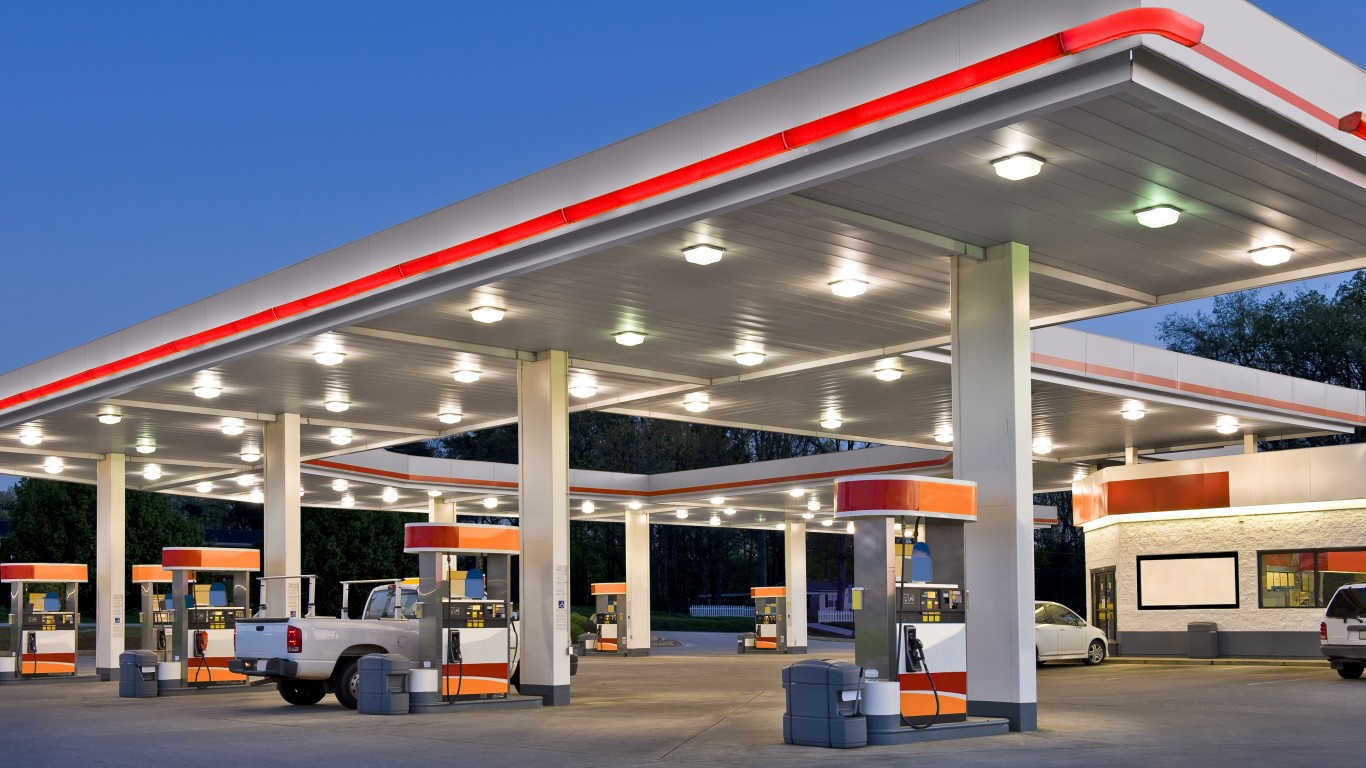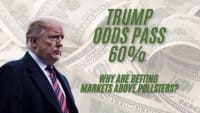 After several weeks of conviction on the part of most economists that the current recession is a “single” dip which will end later this year, the advocates of a “double dip” recession are out in force. Most of the champions of two dips see a brief swing up in the GDP of the developed nations followed by another collapse in the first half of next year.
After several weeks of conviction on the part of most economists that the current recession is a “single” dip which will end later this year, the advocates of a “double dip” recession are out in force. Most of the champions of two dips see a brief swing up in the GDP of the developed nations followed by another collapse in the first half of next year.
Last week, the head of The World Bank said that there are still plenty of risks in the credit system that will keep a tight reign on available capital and that this could smother the recession which it is still in its crib.
The new doomsayers are the leaders and analysts of the IMF. According to Reuters, “The worst of the global economic crisis may be yet to come,’ said International Monetary Fund chief Dominique Strauss-Kahn.” He seems to think the stimulus package has been too light and have not been in effect long enough to assure rapid GDP growth.
Strauss-Kahn has several factors on his side. The first is that banks may be in for much more trouble than their managements are willing to let on in public. JPMorgan (JPM) recently admitted that the quality of its consumer loans, especially credit cards, was worsening as the year passes. Unemployment will exacerbate that. Write-offs at money center institutions will certainly not make it more likely that they want to extend more credit in a choppy economy.
Oil prices are on the minds of most analysts. One set of experts sees crude fueling inflation. Another group believes that businesses and consumers do not have access to the money to pay for higher fuel prices and maintain spending for other goods and services. That could push up joblessness and cut back on the consumer’s ability to make payments on the most basic necessities.
Unemployment in and of itself may be the biggest single risk to the overall recovery. It is likely to move into double digits, at least in the US, by the end of the summer. China and other large exporters cannot maintain recoveries based on their stimulus packages alone. The American consumer has to have his old habits resurrected for a real global turnaround to start.
The deleveraging of the credit markets is not nearly over. That is particularly true in sectors like commercial real estate, the value of which has been inflated in most large economies as business expansion caused a need for more office space and manufacturing facilities. Both of these type of real estate are underutilized and the loans that helped their expansion are, in many cases, in jeopardy.
The expansion is a ghost if credit availability is not revived, and that looks unlikely.
Douglas A. McIntyre
Find a Qualified Financial Advisor (Sponsor)
Finding a qualified financial advisor doesn’t have to be hard. SmartAsset’s free tool matches you with up to 3 fiduciary financial advisors in your area in 5 minutes. Each advisor has been vetted by SmartAsset and is held to a fiduciary standard to act in your best interests. If you’re ready to be matched with local advisors that can help you achieve your financial goals, get started now.
Thank you for reading! Have some feedback for us?
Contact the 24/7 Wall St. editorial team.


